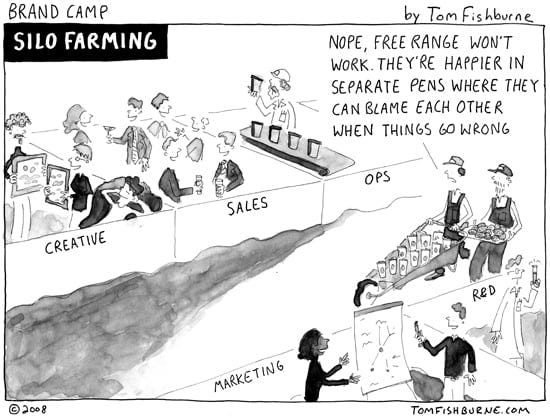How many of you remember the Spices Girls or Backstreet Boys?
The late '90s and early 2000s were dominated by iconic girl and boy bands. We couldn't get enough of them. I remember those teenage years, locked in my bedroom, belting out their tunes and perfecting their dance moves (or at least trying to). But where have all the pop bands gone?

The number of bands in the Top 100 chart has shrunk since the last decade, and most of the top artists in the chart are solo projects.
This is a great reflection of society and the social media world we currently live in, which focuses attention on individuals, indirectly creating a stronger individualistic culture. The Guardian observes that younger generations are less interested in being part of a band where collaboration is vital and more attracted to the idea of going solo. It’s so much easier to create music in your own bedroom and upload it to social media. This mirrors the growing focus on standing out, personal brand and success, a cultural shift that places individualism and forgets about togetherness.
The ‘American Dream’
In modern society, individualism has long been celebrated as a core value. It drives progress, innovation, and personal freedom. When thinking about America, it’s impossible not to think about the American Dream. This individualistic approach separates us, places us against each other and doesn’t nurture empathy for one another. It’s interesting to read about ‘heroic individualism’ in Brad Stulberg’s The Practice of Groundedness, as it captures a mindset that promotes the idea that personal achievement is paramount, often at the expense of collaboration. While it can drive individuals to achieve more, it can also leave them feeling isolated and disconnected from their teams, a trend increasingly reflected in the workplace.
So, we can’t deny that the fabric of modern society shapes not only our personal lives but also how we bring ourselves into the workplace, and this focus on individualism also has significant consequences for how we work together. How we define projects, work toward goals, and build relationships with colleagues is profoundly influenced by the world outside our office walls.
Whether we realize it or not, our social and cultural contexts inevitably seep into our professional lives. Some may strive to maintain a strict separation between their personal and professional identities, while others fully integrate the two. However, our society significantly shapes our thoughts and, consequently, our work.
At first glance, this may seem philosophical or even abstract when applied to the workplace, but if you strip away the layers of bureaucracy, hierarchy, and formalities, what remains is a group of people—individuals coming together to collaborate and achieve something. Who we are, how we think, and the way we interpret the world around us deeply impact how we approach a project, how we work toward deadlines, and how we build meaningful connections with our coworkers.
The importance of collaboration for designers

As designers, we can’t achieve our goals by ourselves. If we don’t want to get bothered by product or sales or marketing, we need at least to have a great working relationship with engineers as they are the ones pushing the designs to the world.
Paola Antonelli, talking about her student experience at the Politecnico of Milan on Design Better Podcast, clearly says:
Design can never stand by itself right it always has to have other crutches like I went to the Polytechnic of Milan so the crutch there was engineering not a bad crutch but it always is with something so it's either within engineering or it's within an art school and in either case you have some big shortcomings, which is interesting.
Individualism can create challenges for organisations that rely on collaboration and shared goals—and that’s every organisation! A balance must be struck between valuing personal achievements and promoting teamwork.
Workplaces thrive when they foster an environment where individual talents are valued but contribute to a collective vision. Strong communication, collaboration, and a shared sense of purpose can counterbalance the downsides of individualism, leading to more engaged and connected teams.
If we want to have great product we don’t need big egos, but great teams.
Melissa Tan explain the importance of teams focusing on fostering a team-first culture where collective success is valued more than individual achievements. Aligning on shared goals helps improve efficiency and impact. One key aspect of collaboration is establishing solid interpersonal relationships, which builds trust and promotes a collective mindset across the team.
I love the quote about growth being seen as a cross-functional effort, highlighting the importance of great collaboration.
[…] just infusing a culture of thinking like an owner. This infusing of the culture, I think it comes out in a few ways. One is, and this is really common in growth. Growth is so cross-functional that you often will end up feeling like you're blocked by other teams.
I am going to end with a few questions that I am thinking about whilst writing some new content for my next talk at Wey Wey Web in Malaga.
How can we make sure that the competitive nature of climbing the organizational ladder doesn't hinder teamwork? If the success of our products depends on how well teams collaborate, how can we prioritize and encourage this collaboration?
